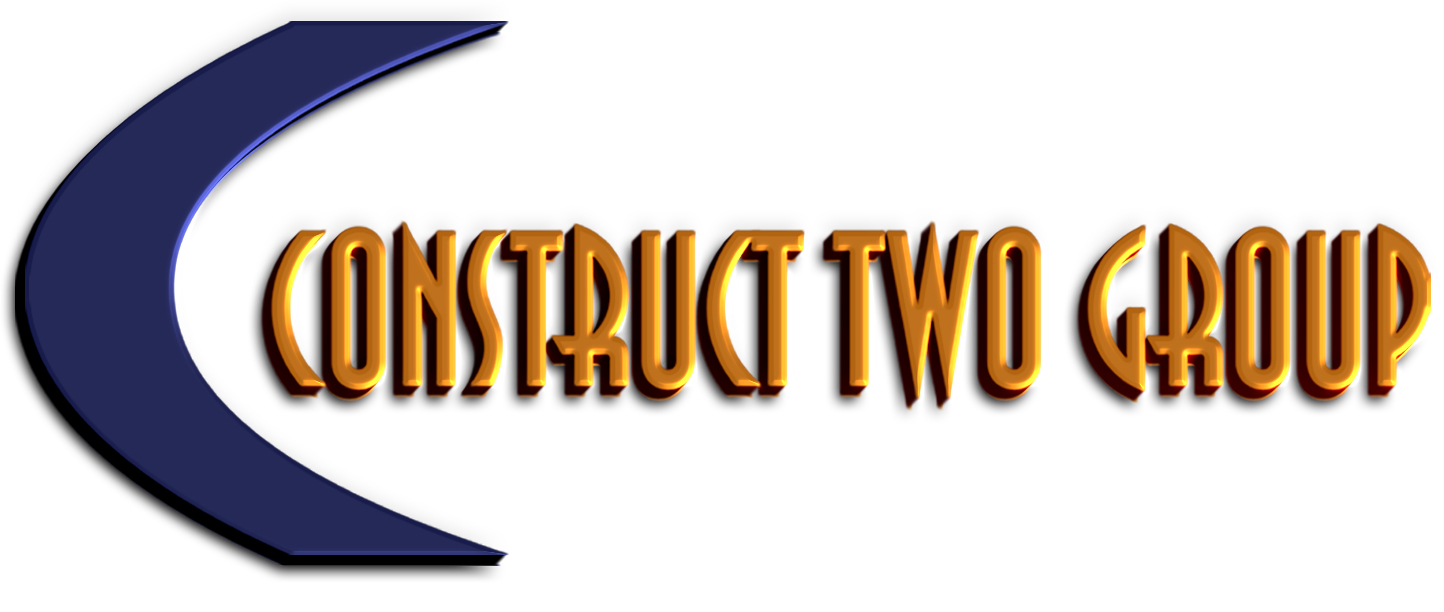
Transforming Construction Management with Technology

Transforming Construction Management with Technology
The construction industry is experiencing a significant transformation driven by the integration of advanced construction technologies. As the sector evolves, modern construction methods are becoming increasingly reliant on digital tools that enhance efficiency, improve safety, and foster collaboration. This article explores the emerging construction technologies reshaping construction management, highlighting their impact on project execution and overall industry dynamics.
The Digital Transformation of Construction Management
Digital transformation in construction management refers to the adoption of innovative construction technologies that streamline processes and improve project outcomes. This shift is not merely about implementing new tools; it involves a fundamental change in how modern construction methods are planned, executed, and managed.
Importance of Digital Transformation
The construction industry has long been characterized by inefficiencies, but the integration of construction technologies is expected to yield numerous benefits:
- Increased Efficiency: Automation of repetitive tasks allows teams to focus on more strategic activities, leveraging modern construction methods to accelerate project completion.
- Enhanced Collaboration: Digital tools facilitate real-time communication among stakeholders, reducing misunderstandings and improving decision-making in construction technologies.
- Improved Safety: Advanced technologies such as drones and augmented reality can enhance site safety by identifying hazards before they become critical issues.
By embracing construction technologies, firms can gain a competitive edge in a rapidly evolving market of modern construction methods.
Key Technologies Reshaping Construction Management
Several construction technologies are at the forefront of this digital revolution, each contributing uniquely to the construction management landscape.
Building Information Modeling (BIM)
BIM has emerged as a cornerstone of modern construction methods. This digital representation of physical and functional characteristics allows for improved collaboration and integration of construction technologies.
Benefits of BIM
- Enhanced Visualization: BIM provides a 3D model that helps teams visualize the project before construction begins, reducing the likelihood of costly errors in modern construction methods.
- Improved Cost Estimation: Accurate modeling allows for better budgeting and resource allocation through advanced construction technologies.
- Lifecycle Management: BIM supports the entire lifecycle of a building, ensuring that all phases are managed effectively using cutting-edge construction technologies.
Drones in Construction
Drones are revolutionizing modern construction methods by providing aerial insights that were previously difficult to obtain. These unmanned aerial vehicles (UAVs) represent some of the most innovative construction technologies available today.
Advantages of Using Drones
- Time Efficiency: Drones can survey large areas quickly, showcasing the power of modern construction methods.
- Data Collection: Equipped with high-resolution cameras and sensors, drones gather detailed data that aids in project planning and execution of construction technologies.
- Safety Enhancements: By conducting inspections from the air, drones reduce the need for workers to enter potentially hazardous areas in modern construction methods.
Artificial Intelligence (AI) and Machine Learning
AI and machine learning are becoming integral to construction technologies, enabling data-driven decision-making and predictive analytics in modern construction methods.
Applications of AI in Construction
- Project Planning: AI algorithms analyze historical data to predict project timelines and resource needs.
- Risk Management: Machine learning models identify potential risks, showcasing the advanced capabilities of construction technologies.
- Quality Control: AI automates inspections and identifies defects in real-time, a breakthrough in modern construction methods.
Robotics and Automation
The adoption of robotics represents a significant advancement in construction technologies, transforming modern construction methods with unprecedented precision and efficiency.
Advantages of Robotics
- Increased Productivity: Robots work continuously, embodying the potential of modern construction methods.
- Enhanced Safety: Construction technologies like robotic systems take on dangerous tasks, reducing human risk.
- Cost Savings: Automation leads to lower labor costs and reduced material waste in construction technologies.
Challenges in Adopting New Technologies
While the benefits of emerging construction technologies are clear, the industry faces challenges in adopting modern construction methods:
- Cybersecurity Risks: As firms rely more on digital construction technologies, they must address potential data breaches.
- Skills Gap: The rapid pace of technological change requires continuous learning in modern construction methods.
- Integration Issues: New construction technologies must seamlessly integrate with existing systems.
Conclusion
The integration of construction technologies is transforming the construction industry, offering new opportunities for efficiency, safety, and collaboration. Modern construction methods are no longer a future concept but a present reality. By staying informed about the latest construction technologies and addressing adoption challenges, construction professionals can drive positive change and remain competitive in an evolving landscape.
